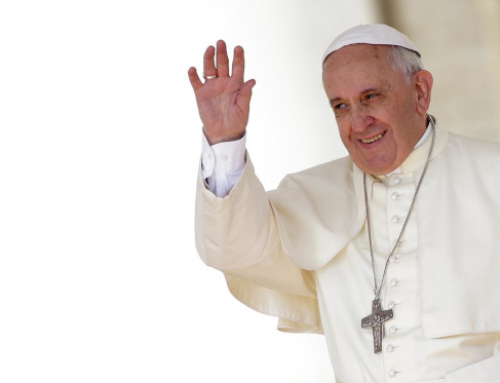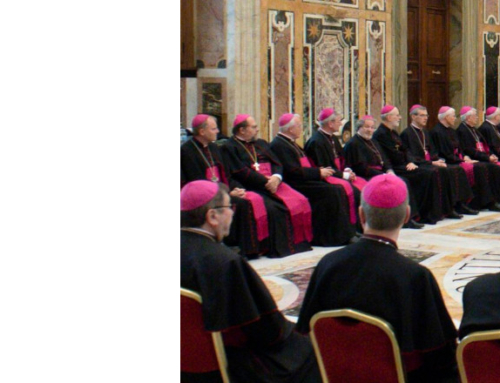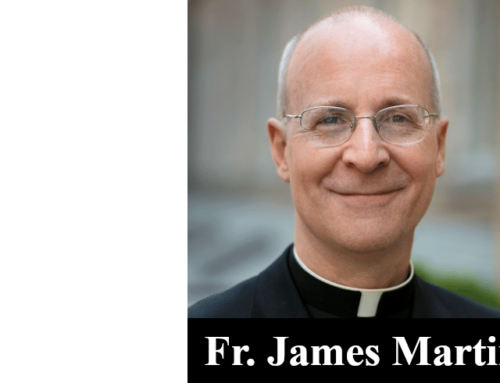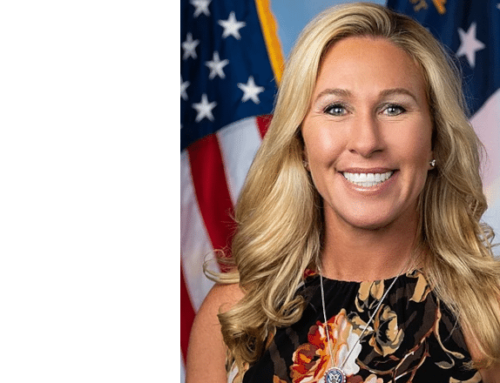The media are so fixated on finding a political motive that explains why Thomas Matthew Crooks tried to assassinate Donald Trump that they are overlooking other factors. There are psychological and cultural variables that are vastly more important.
Crooks was a registered Republican who made a small donation to a left-wing group when Biden was inaugurated. As an explanatory variable, that’s a dead end.
A much more fruitful approach would be to consider the psychological profile of Crooks: it matches to a tee the characteristics of other mass shooters. Also worthy of probing is the culture that gives rise to these shootings. I have written extensively about this issue and have taught sociology courses on it. Here is my analysis.
Crooks was a loner. He was quiet and had few friends; he was known to just stare at his classmates when they sought to engage him. A student who went to the same high school as Crooks, Kendall Spragg, noted that he would sometimes eat lunch by himself. “He really didn’t fit in with everybody else,” he said. These attributes are commonplace among mass shooters.
- In 2023, Audrey Hale, a girl who mistakenly thought she was a boy, killed six people at Covenant School. Averianna Patton, who knew her, said she was “very quiet, very shy.” Another person who knew her, Mia Phillips, observed that “We felt she was shy.” Maria Colomy, her teacher, commented that “She was very quiet.”
- In 2022, Salvador Ramos shot and killed young students and their teachers in Uvalde, Texas. His boss at Wendy’s noted that “He felt like the quiet type, the one who doesn’t say much. He really didn’t socialize with employees.”
- In 2022, Payton Gendron became known as the “Buffalo Mass Shooter.” According to the Associated Press, “he had long been viewed by classmates as a loner.” One of his peers said, “Most people didn’t associate with him,” characterizing him as “socially awkward and nerdy.” The same person remarked that “He would say he was lonely.”
- In 2021, Robert Aaron Long went on a rampage in Atlanta. One of his classmates, Nico Straughan, noticed the mass shooter was a “very quiet” individual. Another classmate, Jonathan Desire, said he was “quiet, calm, and collected.” Another fellow student concurred, saying, “he didn’t have a ton of friends and really kept to himself.”
- In 2021, the mass shooter from Boulder, Colorado, Ahmed Al Aliwi Alissa, had no friends. His brother labeled him “very anti-social.” A high school classmate said he “didn’t really have a lot of friends.”
- In 2019, the mass shooter from El Paso, Texas, Patrick Wood Crusius, typically sat alone in the school bus. “He wouldn’t talk to people,” said one of his neighbors. “No one really knew him.”
- In 2019, Connor Betts, a mass shooter from Dayton, Ohio, was labeled by one of his classmates at a “loner.” Another said he was a “quiet” kid who kept to himself.
- In 2018, Stephen Paddock shot and killed 60 people when he went on a shooting spree in Las Vegas. He was a loner who could never establish a long-term relationship with anyone, including his family.
- In 2018, Dimitrios Pagourtzis shot and killed 10 people at Sante Fe High School in Texas. He was known as a “weird loner.” One of his classmates said, “He stuck to himself. He had a few friends but never really talked to many people.”
Being a loner does not cause someone to be a mass shooter, but when it is coupled with other factors, it manifests itself as a leading red flag indicator.
Loners crave the same type of bonds that all of us do. When they are unable to achieve them, it creates psychological havoc. Unfortunately, we are mass producing the kind of social soil that makes it harder to bond with others. Dysfunctional families, mixed messages on what is morally right and wrong, long hours spent on social media, obsessing over video games, the lack of religious affiliations—all of these factors make it harder to form lasting social bonds.
All of us want affection and recognition. When it is denied, it can lead to behaviors that are toxic. Though it is hard to comprehend, many mass shooters find recognition—it’s more like a rush—in doing something spectacular, making it is impossible for everyone to ignore them.
Busting down the walls of ennui—the horror of boredom—is important to those who live an asocial life. Parents, teachers, counselors, coaches and the clergy need to know what the red flags of a mass shooter are and intervene to ameliorate conditions before it is too late.
We were not made to be alone. That is not part of God’s design. A mature society would concede as much and tailor its policies, programs and strictures accordingly. We should be fostering social bonds, not obliterating them.







